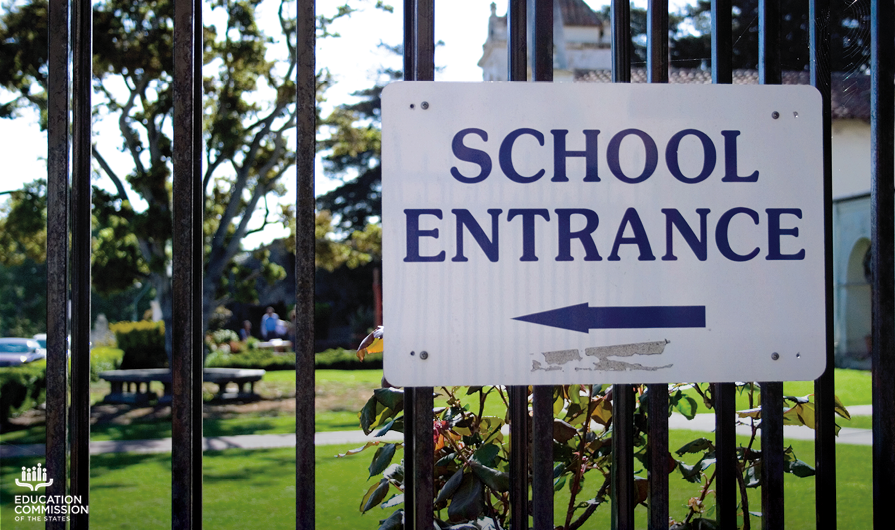An earlier post in this series covered student safety in higher education, specifically as it relates to guns on campus. Another key focus in the postsecondary campus safety space, both at the university and state levels, has been the role and duties of campus police officers. For example, Syracuse University recently announced plans to hire 96 security officers to patrol dorms 24/7, and both Arizona State University and Wayne State University have provided new technology to their police departments.
At the state level, a large subset of recently introduced bills address campus police, with the majority focusing on establishing campus police forces or providing benefits for campus police officers. Here are a few examples.
Establishing Campus Police
Ninety-two percent of public institutions and 38 percent of private institutions used sworn police officers in 2011-12, according to the latest Campus Law Enforcement data available from the Bureau of Justice Statistics. The legislative focus on establishing campus police forces seems to align with those figures, as many of the bills introduced in 2019 focus on establishing campus police at private institutions.
Introduced legislation in Connecticut, Maryland, Missouri and North Carolina would have allowed private or independent postsecondary institutions to establish a campus police force. Washington also introduced legislation that would have authorized the state’s community and technical colleges to contract for campus security services. Each of those bills failed.
For public institutions, West Virginia’s S.B. 441, which was enacted, allows governing boards of state postsecondary institutions to appoint qualified individuals (those who were previously employed as a law enforcement officer) as campus police officers.
Providing Benefits and Training
States and institutions are also offering various benefits to attract and support campus police officers. Massachusetts led the way in 2019, introducing a series of bills (still pending) that would provide benefits or protections for campus police officers:
- H. 2233 and S. 1570 would add campus police officers employed by a state college, university or community college to the state’s existing benefits that provide leave without loss of pay if injured in the line of duty.
- H. 2234 would add campus police officers to the state’s existing programs and definitions concerning retirement benefits.
- H. 2138 and S. 1442 would expand existing officer training to include campus police officers, as well as their supervisors, from state universities and community colleges.
- S. 1561 would add special state police officers at public universities or private colleges to the list of public responders eligible for a $300,000 death benefit if killed in the line of duty.
In Pennsylvania, pending S.B. 439 would expand the Enforcement Officer Disability Benefits Law to include and provide benefits to campus police officers employed by a participating university.
Adding campus police officers is one policy strategy that state policymakers are considering to keep campuses safe. Explore more legislative activity pertaining to postsecondary campus safety in our State Education Policy Tracking resource.










